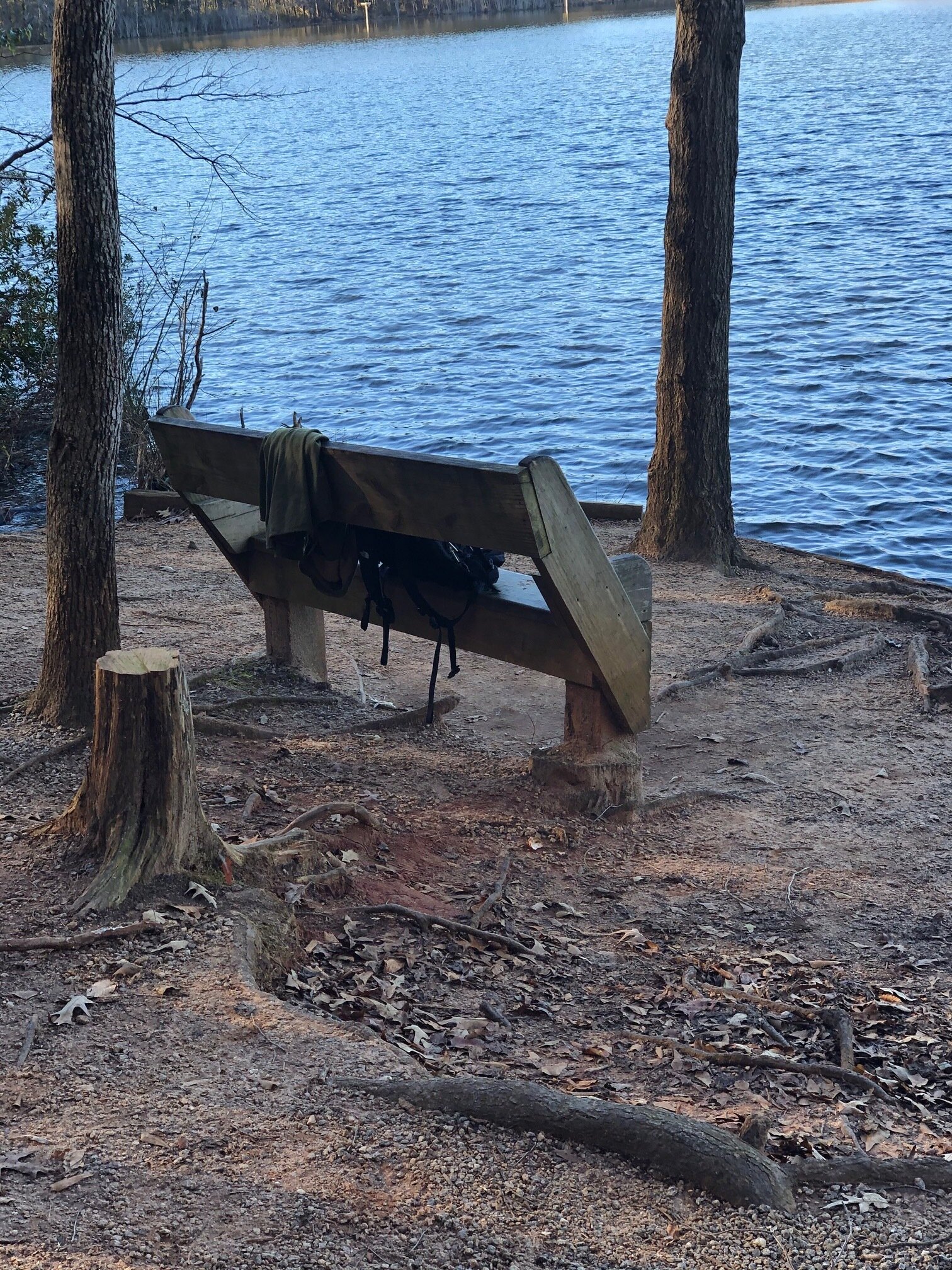Welcome, Patricia. What do you write?
I write short stories, novellas, and now novels. My first published work of fiction was the thriller-romance novella, Stranger in the Storm, which the Wild Rose Press published as an ebook in 2020. Shadows of Doubt (2021) is a short novel, but meets the word requirement for print (at least 45,000 words), and so WRP has published it both as an ebook and in paperback. My short story “Falling” was recently a runner-up in the Atlanta Writers Club’s Terry Kay Prize for Fiction contest.
Former grade school bully and, later, amateur drug dealer Jeff Hudson turns his life around and is pursuing a degree in agriculture. His future, as well as a budding relationship with fellow student Sandy Harris, is threatened when a former dealer threatens to expose Jeff's past to university authorities if he doesn't rejoin the ring.
Realizing that Jeff is no longer an angry, misunderstood boy, Sandy must take a stand against her family and friends who swear he is no good and will only cause her unhappiness. Together, can they escape the past in order to forge a future?
Amazon kindle ~ Amazon: paperback ~ Nook ~ Barnes and Noble paperback ~ ibooks
What drew you to writing?
Here I am with my granddog on a bridge over the Middle Oconee River. It joins the North Oconee below Athens to form the Oconee River, where I have Sandy and Jeff go canoeing.
My writing journey began early; writing must have been in my genes. My father let me type on his Underwood typewriter when I was five years old. He never got it back. In first grade, we learned to read with Dick and Jane books. At home I wrote a similar series named Jean and Jerry. In later grade school years, my younger sister and I wrote stories together, each of us creating different characters. In high school I wrote stories, typed and stapled the pages together and our friends read them.
What was your inspiration for Shadows of Doubt?
What directly inspired me was an early version of this novel, written in the 1980s when I’d taken a year off from teaching. I meant it to be a YA and so the main characters were in high school. But I went back to teaching, and not until I retired did I pull out the old, yellowed, literally cut-and-pasted-on typescript. I re-read it and thought it had possibilities. I rewrote the novel, making the main characters college students and adding the drug dealer elements for stronger drama.
Do you find inspiration in your own life for your writing?
This is the bench at Oconee Forest Park where I imagined Jeff meeting his drug supplier in Shadows of Doubt.




